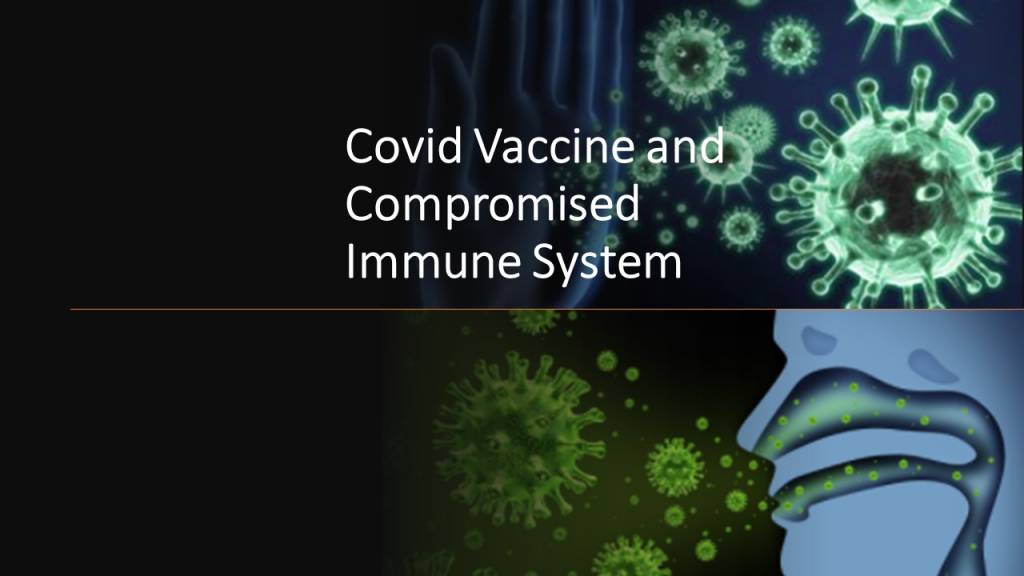
Drug makers are trying to find ways to protect the millions of people who can’t use vaccines. Is it doable and what is the cost?
For these people, vaccines will not be effective, because they are incapable of making their own antibodies to neutralize the SARS-CoV-2 virus. Instead, pharmaceutical companies around the world are racing to develop alternative treatments that bypass the immune system altogether.
While the exact number of the immunocompromised worldwide is unknown, estimates suggest that about 10 million live in the U.S. alone, or around 3 percent of the national population. The number encompasses a diverse range of vulnerabilities, including rare genetic immune deficiencies, chronic illnesses that impair the immune system such as rheumatoid arthritis, and cancer and organ-transplant patients who must take immune-suppressing medications.
You often find that patients who have had bone marrow transplants end up getting terrible flu and other infections, which they can’t clear without additional help. It was these heavily immune-suppressed populations who did very badly during the first wave of COVID-19.
While many scientists are excited about the potential of monoclonal antibodies to address gaps in the world’s vaccination programs, questions remain. The coming months will tell us whether these treatments are sufficiently cost-effective to be used on a large scale, if they can really provide adequate protection for months at a time, and whether using monoclonal antibodies may inadvertently do more harm than good.
In the past, the only means of protecting immunocompromised people during viral outbreaks was a product called intravenous immunoglobulin, or IVIG. Taken from the blood plasma of healthy donors, infusions of IVIG are one way of supplying patients with natural antibodies against a broad range of infections most people are commonly exposed to. But supplies are limited, and IVIG is expensive, with a single patient’s cost sometimes reaching up to $30,000 a year. It also provides protection for only three weeks at a time, as the antibody concentrations in the product slowly wane, and it isn’t guaranteed to work against any specific virus.
Because of the time it takes to make a finished product, monoclonal antibodies were long considered impractical against viruses. Over the past decade, they have been most commonly used as treatments for cancer and autoimmune diseases.
The U.S. government has so far committed to making 1.5 million doses ordered from Regeneron free for patients, regardless of whether they have health insurance. Currently this batch is being used as treatments for non-hospitalized patients with mild to moderate cases of COVID-19, though future supplies could be used as passive immunizations pending regulatory approval. In addition, a donation strategy will be put in place specifically for lower- and middle-income countries, in conjunction with their manufacturing partner.
“For most of 2020, the majority of the population was immunologically naïve to this virus, and thus the virus was freely circulating among vulnerable individuals, including the immunocompromised individuals,” says Ali Ellebedy, assistant professor of pathology and immunology at Washington University School of Medicine. In the immunocompromised, the virus can keep replicating—and thus mutating—in the same person for weeks, providing what Ellebedy calls the “perfect platform” for new variants to emerge. In theory, protecting more of these vulnerable people can thus limit the virus’s chances of spawning new variants.
For the scientists leading the PROVENT trial, much depends on the coming months and whether monoclonal antibodies can be shown to provide long-lasting protection in vulnerable populations. If so, they feel this will open doors for monoclonal antibodies protecting more immunocompromised patients as part of standard medical care.
If we want to control this virus and get back into normal life, then being able to protect everybody, so we don’t have ongoing transmission in subgroups of the population, is important.


